Singapore
Bangladesh's renewables generation breaches 5% after new solar plant
Bangladesh's renewables generation breaches 5% after new solar plant
The 28MW solar plant in Cox's Bazar District is the country's largest yet.
Standard Chartered quits funding coal plants
It previously faced pressure for the potential funding of three Vietnam coal plants.
Singapore open electricity market to be extended island-wide in November
Consumers may opt to stay with SP group to buy power at a regulated tariff.
Find out who emerged as the victors in the Asian Power Awards 2018
Nominations for "The Oscars" of the power industry reached a record-high of 150.
Alsons' 105MW coal-fired plant in Mindanao lures five bids
Construction is set to begin in 2022.
Western Asia nuclear capacity to hit 8GWe in 2030: IAEA
But right now, nuclear only takes up 0.2% of total electricity production.
Bangladesh inks deal for its largest LNG-based power plant
The 3,600MW power plant will cost around US$3b to build.
Bangladesh eyes 10 projects to add 15,000MW capacity by 2030
About 4,000MW is expected to come from nuclear power plants.
Asia's energy M&A deal value soared 78% to US$10.3b in Q2
Solar and wind transactions hit US$3.8b and boosted total deal value.
Myanmar dam failure floods 85 villages
Authorities had given an all-clear to the dam despite overspill concerns.
Geopolitics, social risks complicate Asia's large hydropower aspirations
Two hotbeds for large hydropower development — the Himalayas and Mekong River — depict its potential and limitations.
Bangladesh's first LNG import terminal starts operations after delay
Bad weather blocked an FSRU's efforts to dock properly.
Is Singapore ready for the open electricity market?
Operational doubts persist as power operators look for more physical space.
China coal prices retreat amidst peak season
Coal is threatened by heavy rainfall and competing hydropower supply.
These 5 Asian countries could boost 55% of the world's biomass additions
China is expected to lead the pack and add 12GW in the next decade.
Registration opens for the 11th Singapore International Energy Week
It will host energy trend report launches by international organisations.
Collapsed hydroelectric dam in Laos leaves several dead and hundreds missing
Massive floods hit the South Korean-constructed dam that is still in progress.


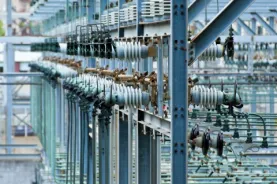
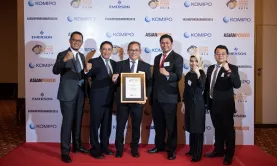
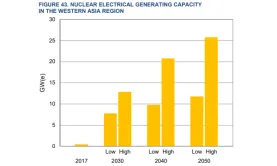
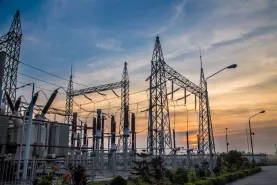
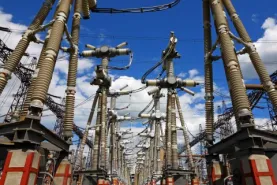
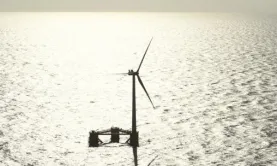

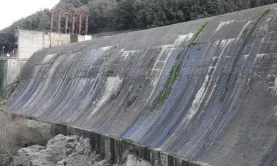

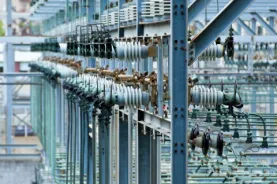
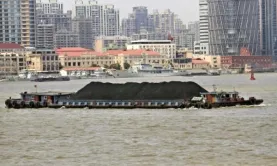
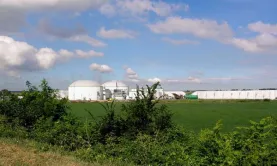


 Advertise
Advertise
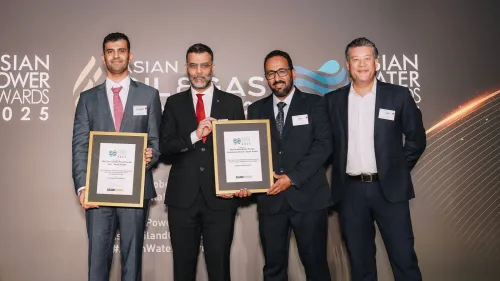
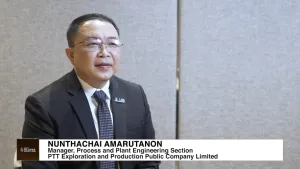
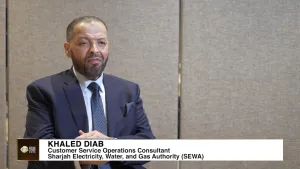
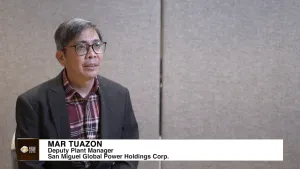
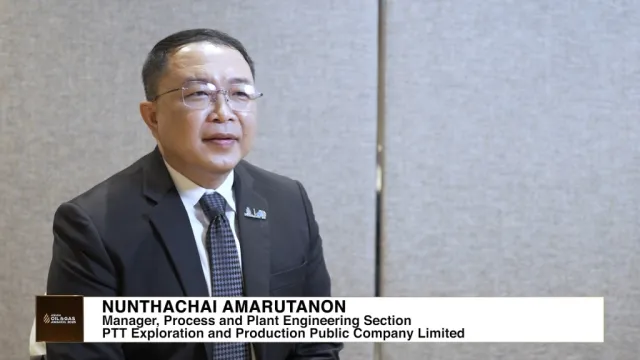

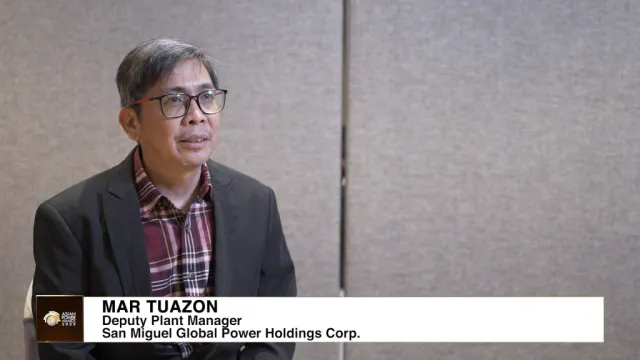
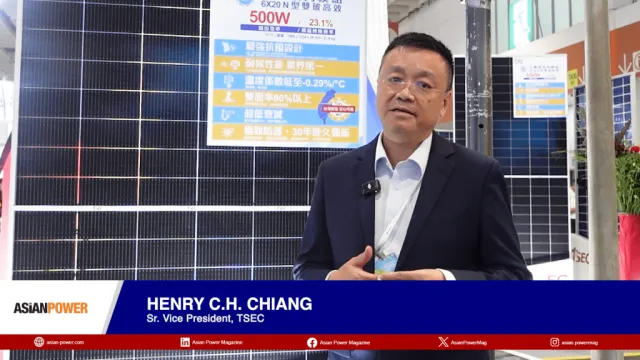



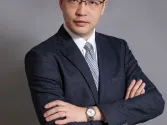


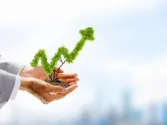
Commentary
How pump retrofits boost profitability and efficiency in ageing power plants